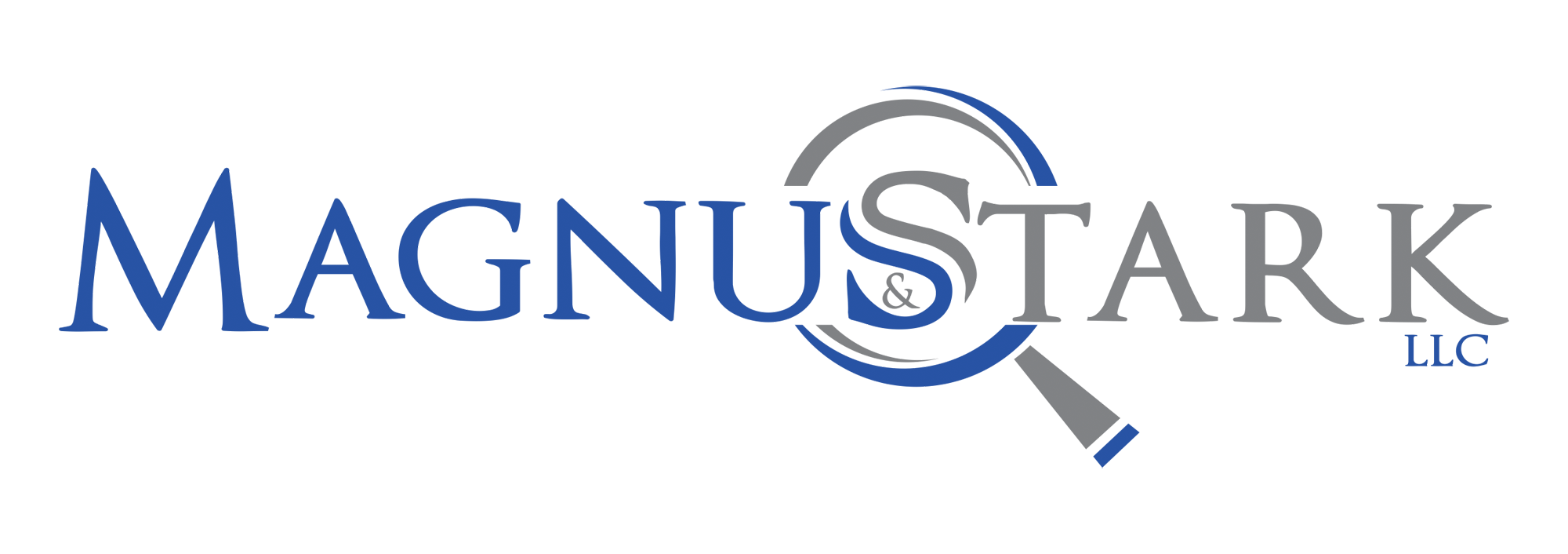Title: Mastering Interviewing Techniques: How to Identify Deception in Zionsville, IN
As professionals in various fields, we often find ourselves in situations where we need to conduct interviews to gather information, make decisions, or assess the credibility of individuals. In Zionsville, IN, mastering the art of interviewing and being able to identify deception is a valuable skill that can greatly benefit your interactions and decision-making processes.
Identifying deception during an interview can be challenging, as individuals who are being dishonest may try to conceal or distort the truth. However, by utilizing effective interviewing techniques and being observant of verbal and nonverbal cues, you can increase your ability to detect deception and make more informed judgments.
Here are some key interviewing techniques to help you identify deception during interviews in Zionsville, IN:
1. Establish rapport: Building a positive rapport with the interviewee can help create a comfortable and open environment, making it easier to detect inconsistencies or deceptive behavior.
2. Ask open-ended questions: Instead of asking yes or no questions, try to ask open-ended questions that encourage the interviewee to provide detailed responses. This can help you assess the credibility of their answers and identify potential deception.
3. Pay attention to nonverbal cues: Nonverbal cues such as body language, facial expressions, and tone of voice can often reveal more about a person’s true feelings and intentions than their words. Be observant of these cues to help identify signs of deception.
4. Listen actively: Actively listening to the interviewee and paying attention to the details of their responses can help you detect inconsistencies or contradictions in their story. Follow up on any discrepancies to further probe for the truth.
5. Use behavioral analysis techniques: Utilize behavioral analysis techniques such as statement analysis, microexpressions, and body language interpretation to help assess the credibility of the interviewee’s responses and identify potential signs of deception.
6. Develop a baseline: Establishing a baseline of the interviewee’s typical behavior and responses can help you identify deviations that may indicate deception. Look for changes in behavior or inconsistencies compared to their baseline.
By incorporating these interviewing techniques into your interactions in Zionsville, IN, you can enhance your ability to identify deception and make more informed decisions based on credible information. Remember that detecting deception is a skill that can be developed over time with practice and experience. Stay vigilant, remain objective, and trust your instincts when assessing the credibility of individuals during interviews.
Mastering the art of interviewing and being able to identify deception can be a valuable asset in various professional settings, helping you navigate complex situations with confidence and clarity. With the right techniques and mindset, you can become adept at uncovering the truth and making sound judgments based on reliable information.

